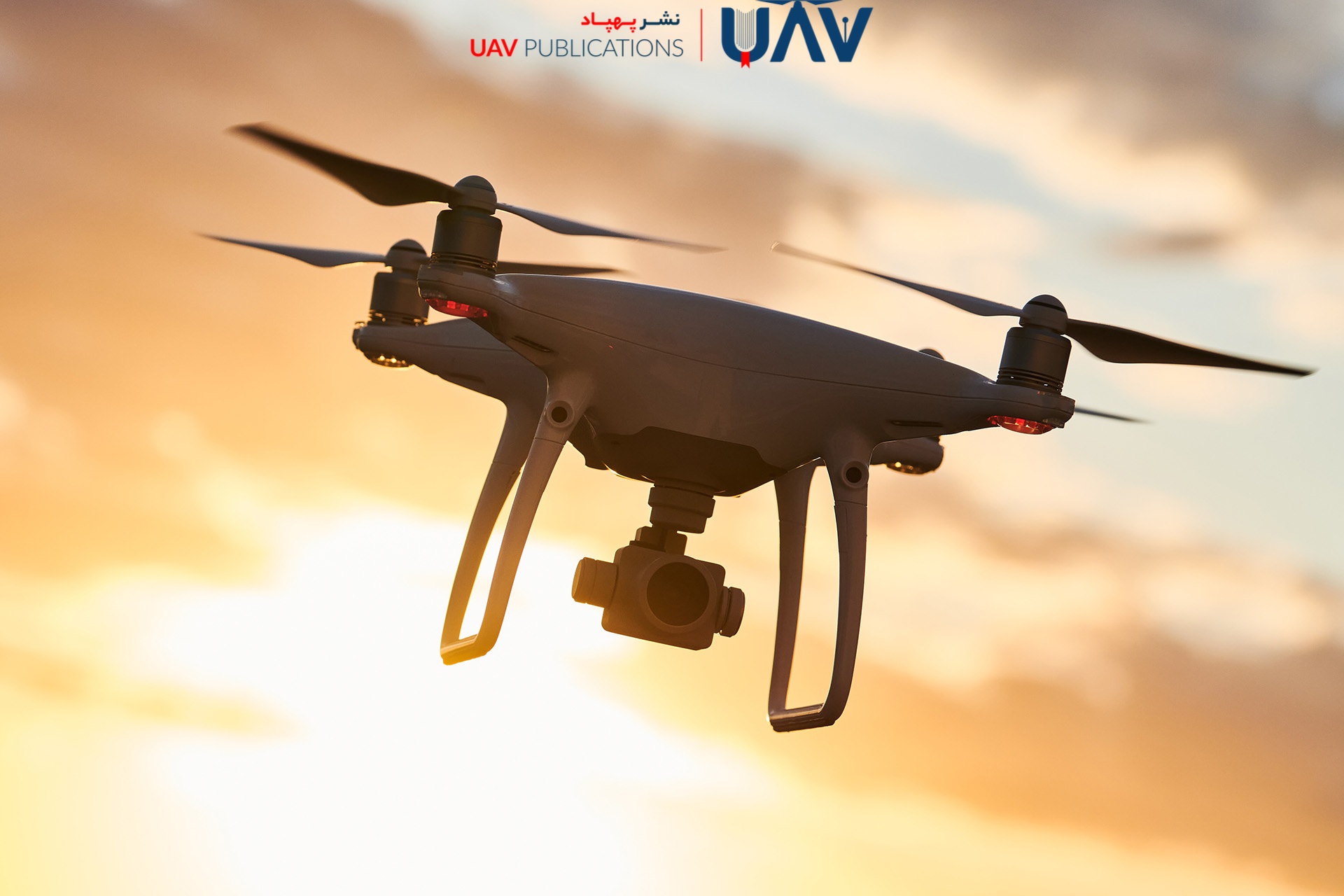Why UAV Startups Matter
In today’s world, startups are the driving force behind innovation. From artificial intelligence to fintech and blockchain, these young companies play a pivotal role in transforming industries. Yet one of the most dynamic and exciting frontiers for entrepreneurship is the drone sector. Once reserved exclusively for military use, unmanned aerial vehicles (UAVs) have now entered civilian, commercial, and industrial arenas, revolutionizing service delivery.
The primary appeal of UAV startups lies in their combination of cutting-edge technology, high efficiency, and relatively low cost. Drones can effortlessly access remote or hard-to-reach areas, gather precise data, and execute tasks far more quickly than traditional methods. Consequently, sectors such as agriculture, surveying, logistics, environmental monitoring, media production, construction, and even medicine are benefiting from the advantages of drone-enabled solutions.
Investment in this field is surging daily, with fledgling companies leveraging imaginative ideas and sophisticated algorithms to address vast markets. For this reason, UAV startups represent one of the hottest trends of both the present and the future.
Market Growth and Business Opportunities for UAV Startups
International reports estimate that the global civilian drone market will be worth tens of billions of dollars by 2030. This expansion is driven by rising demand for automation, lower operational costs, and advancements in technologies like artificial intelligence, GPS, and advanced battery systems. Today’s enterprises seek tools that are precise, swift, and cost-effective, and drones meet these requirements perfectly.
From inspecting rooftops to surveying hundreds of hectares of farmland, from monitoring power lines to capturing aerial advertising footage, drones have become versatile instruments. For UAV startups, this translates into a broad market with diverse needs. Each industry faces unique challenges that a drone-based solution can address. Moreover, in many countries, full-scale drone adoption remains unrealized, leaving abundant untapped potential for growth.
Competitive Advantages of UAV Startups
UAV startups typically enter the market with two key advantages: technological innovation and operational agility. Unlike industrial giants, these nimble teams can make swift decisions, conduct rapid testing, and launch new products, enabling them to align quickly with evolving market demands.
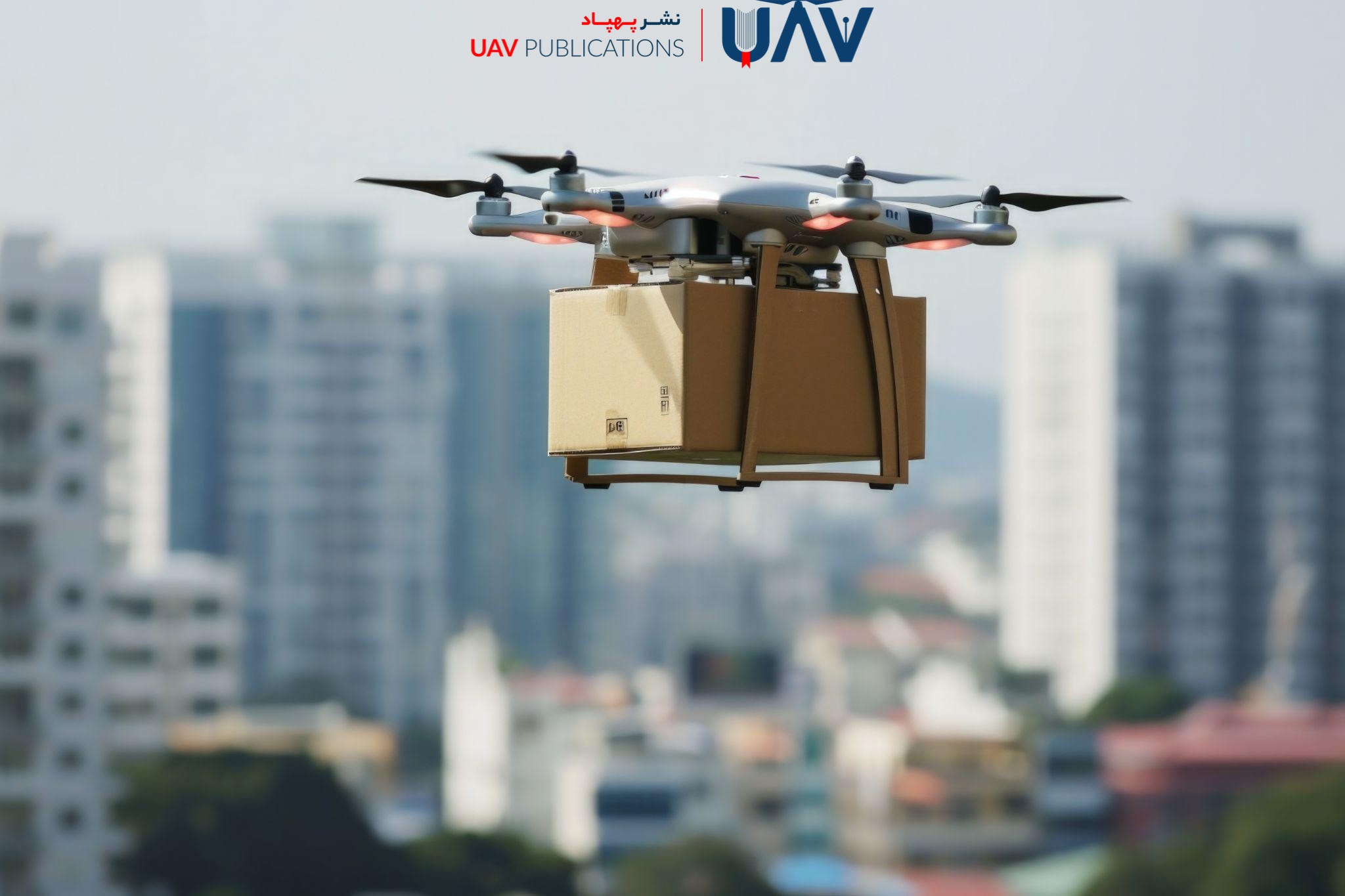
Additionally, many of these startups leverage the latest technologies—such as artificial intelligence, machine learning, data mining, advanced sensors, and augmented reality—to ensure their offerings are not only efficient but also distinctive and scalable. Another critical factor is the relatively low barrier to entry: with modest seed capital and a specialized team, it’s possible to develop a drone prototype or supporting software platform and bring it to market.
UAV Startups in Smart Agriculture
One of the most prominent applications for UAV startups is in smart agriculture. Modern farmers strive to maximize yields at the lowest possible cost. Drones contribute significantly, from mapping fields and assessing plant health to monitoring soil moisture and performing precision pesticide spraying.
Numerous startups operate in this arena. By combining drones with artificial intelligence, they can analyze aerial imagery to deliver detailed insights on crop conditions. These data-driven recommendations empower farmers to make better decisions. Furthermore, drones can autonomously carry out spraying or irrigation tasks, saving time, money, and resources. In countries with extensive farmland, this technology is especially valuable and holds great promise for the future.
Applications in the Construction Industry
Construction has long contended with challenges such as safety concerns, the need for continuous inspection, slow progress monitoring, and complex oversight. Drones are rewriting the equation. Startups in this sector provide solutions for tracking build progress, generating 3D models of sites, conducting precise surveys, and performing safe aerial inspections. Rather than sending personnel into hazardous environments, drones equipped with thermal cameras or LiDAR can detect structural issues more effectively.
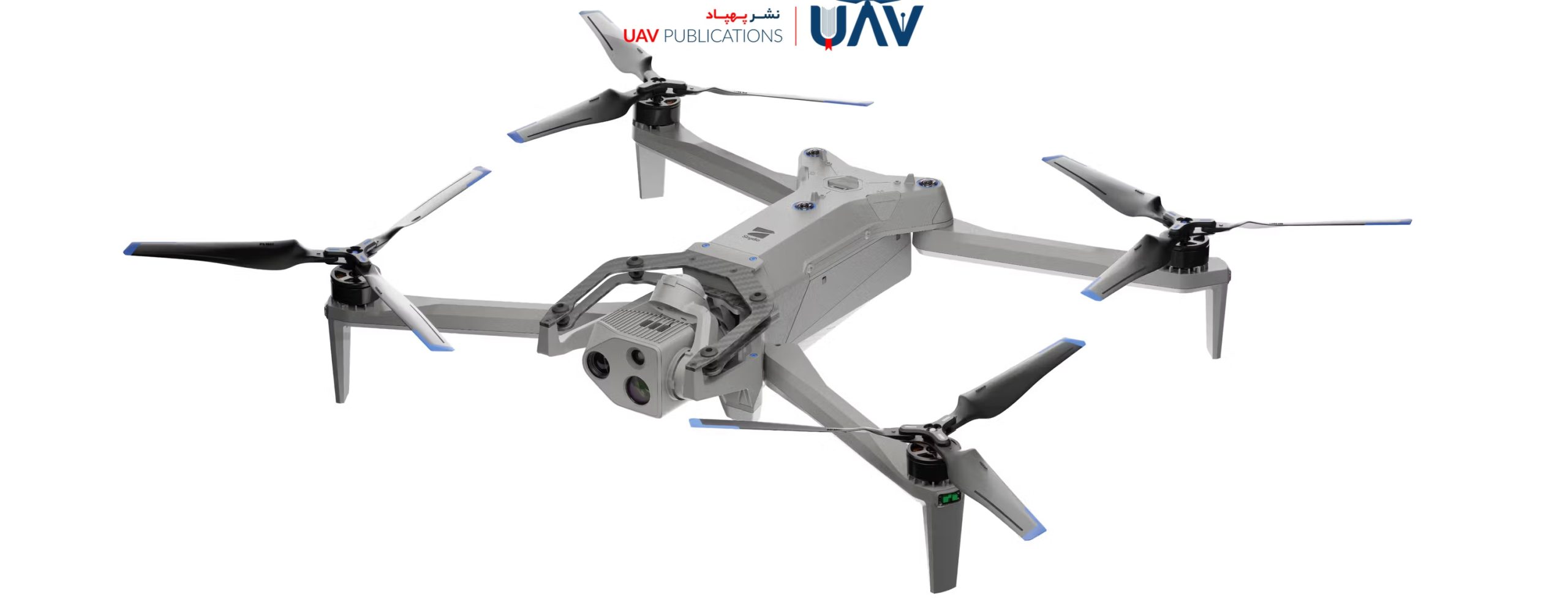
Moreover, drones can produce periodic progress reports, delivering aerial imagery to investors or regulators that accelerates decision-making and prevents stoppages over minor issues.
Urban Transportation with Drones
As cities expand and traffic congestion worsens, innovative transportation solutions are more essential than ever. UAV startups have responded by developing delivery drones and, increasingly, passenger-capable autonomous air taxis.
For example, in some Asian cities, drones now deliver pizza or medication to customers’ homes within minutes. These services are not only rapid but also reduce logistical costs.
Shortly, widespread urban drone deliveries may become commonplace. Startups that master intelligent routing algorithms, secure flight systems, and compliance with municipal regulations will stand to gain the most.
Inspection and Maintenance of Infrastructure
Infrastructure, such as power lines, telecom towers, dams, and bridges, requires regular, detailed inspections, which are often dangerous, time-consuming, and expensive. Drone startups employ thermal imaging, LiDAR, and advanced image-processing software to automate and secure these processes.
Within minutes, drones can survey high or remote structures, and AI algorithms can identify damage or weak points. This technology is rapidly gaining traction in developed nations and is beginning to supplant traditional methods. Startups offering precise, cost-effective solutions will thrive in this expanding market.
Emergency Response and Rescue
In crises such as earthquakes, floods, or wildfires, every second counts for saving lives. UAV startups specialized in emergency response offer solutions that substantially reduce casualties. Drones can reach affected areas faster than ground teams, using thermal imaging to locate trapped individuals.
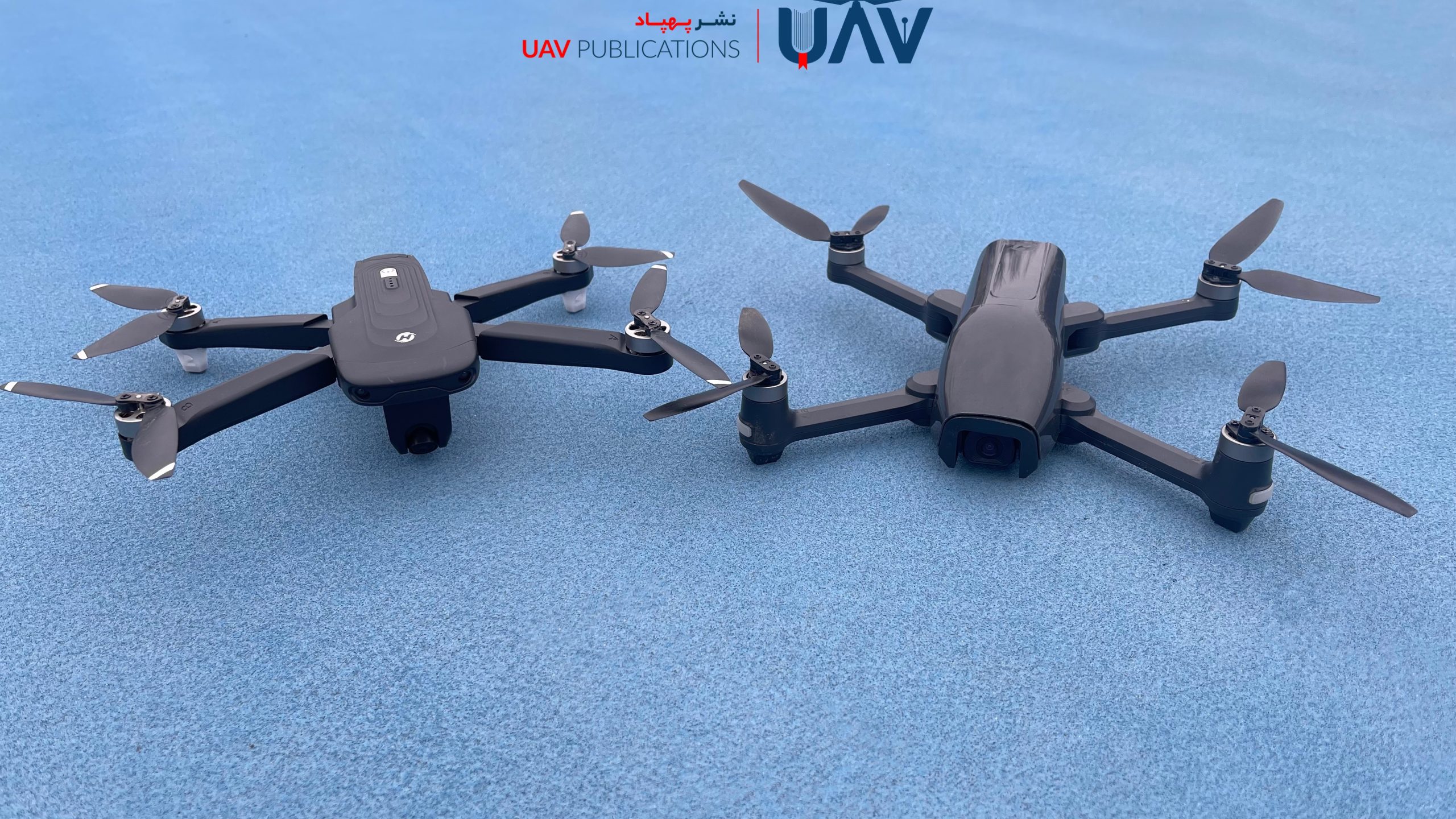
They can also deliver first aid supplies or medicine to inaccessible zones. Some are developing drones equipped with loudspeakers, gas sensors, or emergency communication devices, enhancing coordination and speeding up relief efforts.
UAV Startups in Media and Content Production
The content-creation industry—especially video and advertising—has become a major consumer of drone services. Aerial footage lends a distinctive aesthetic quality that once required enormous budgets. Startups in this field offer drone rentals, professional operators, automated editing software, and even training courses. Many YouTubers, filmmakers, ad agencies, and influencers now rely on these services. With the rise of social media and the demand for innovative content, drones can help your brand stand out.
Environmental and Natural Resource Monitoring
Protecting natural resources demands accurate, up-to-date data. Environmental UAV startups utilize drones to monitor forests, wildlife, water, and air pollution, as well as coastal areas. Often collaborating with government agencies or NGOs, they deliver analyzed aerial data. Some have even developed algorithms to identify plant and animal species from drone imagery.
Supporting Software and Data Processing
Not all startups manufacture hardware. Many focus on software: from autopilot flight systems to image-analysis platforms and management dashboards. For instance, some SaaS platforms convert raw drone footage into 3D maps or statistical reports, serving a wide array of industries with flexible subscription models.
Regulatory and Privacy Challenges
A significant barrier to the rapid growth of the drone sector is the complex and inconsistent regulatory landscape. In numerous countries, the use of drones is heavily restricted, ranging from obtaining flight permits to implementing privacy safeguards.
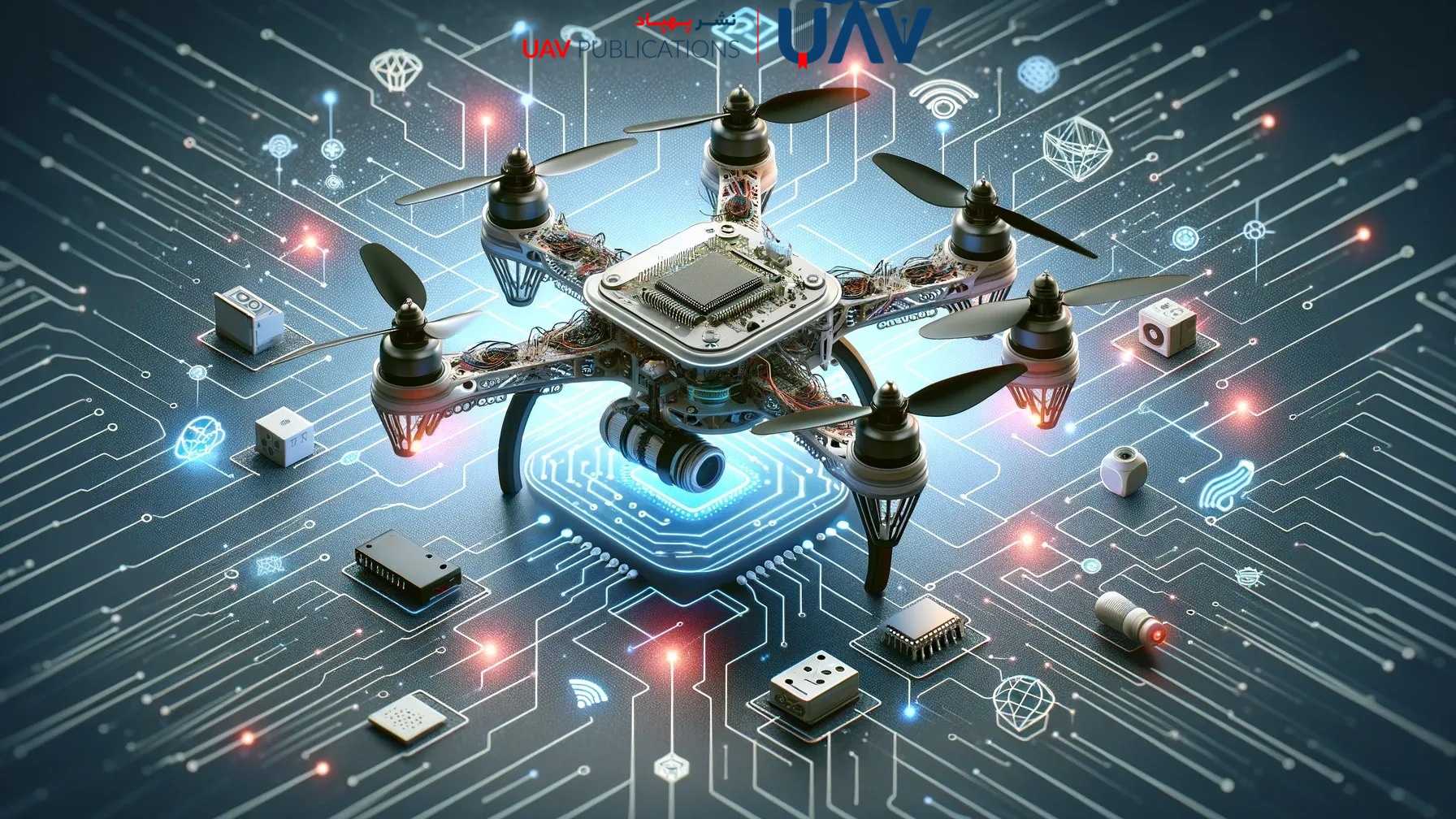
UAV startups must innovate while collaborating with regulators to ensure their solutions are both safe and compliant with regulations. Some firms even offer specialized legal consulting for drone operations.
The Future of UAV Startups and Market Trends
The future of this industry is exceedingly bright. Advances such as more powerful batteries, fully autonomous drones, 5G networks, and more intelligent algorithms are making UAVs ever more practical. From medical delivery drones to urban services, the market is maturing rapidly. It is anticipated that drones will assume a central role in our daily lives. For entrepreneurs, this spells abundant opportunities for market entry, growth, and scalability.
Ten Leading International UAV Startups
- Zipline – Drone delivery of medical supplies in Africa.
- DroneDeploy – Aerial-mapping software.
- Skydio – Autonomous drones for industrial use.
- Wing (Google) – Grocery and parcel delivery drones.
- PrecisionHawk – Agricultural monitoring and data analytics.
- Percepto – Automated drones for infrastructure inspection.
- Airobotics – Self-driving systems for industrial inspection.
- Delair – Advanced aerial data processing.
- Flytrex – Urban food-delivery drones.
- Kespry – Construction and mining surveillance.

